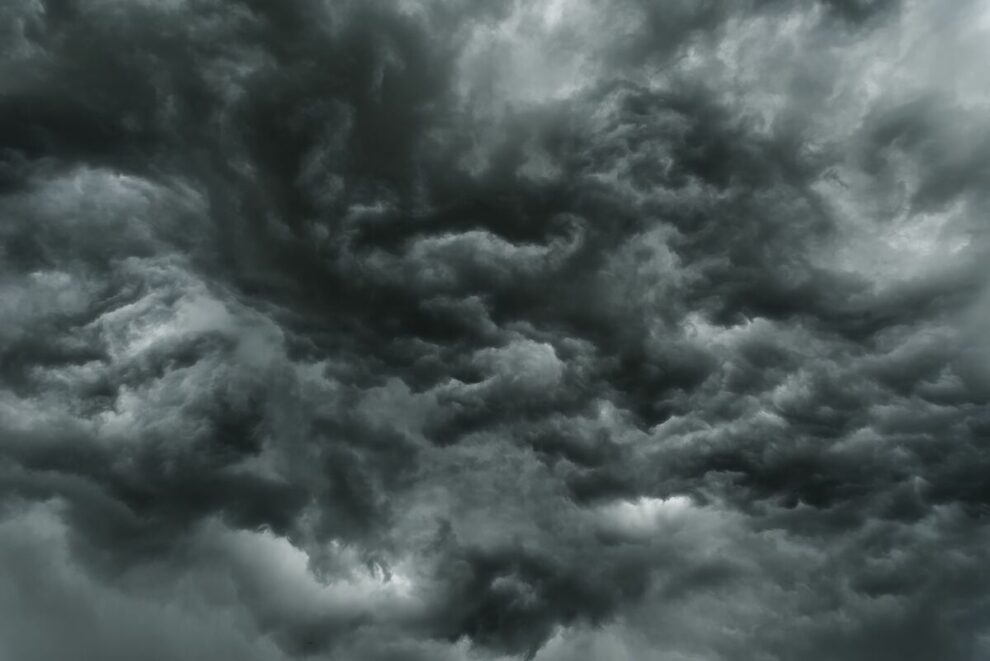Via CO2Science we learn of a new study of hurricane frequency and intensity near Charleston South Carolina spanning 1670 to 1850. Since this period predates modern aircraft and satellite tracking methods, scientists have used a variety of historical methods including contemporaneous news records to measure how often hurricanes made landfall and their apparent strength. The new paper combines the data from seven previous studies to characterize the hurricane history of Charleston and compare the 1670-1850 and 1851-2015 intervals. Turns out hurricanes were more frequent before 1850 than after, and they were also more likely to be major or intense back then compared to today. Don’t look so surprised, we’ve reported on this pattern before.
Sure, people have been led to believe that CO2 is the control knob that winds up temperature then unleashes hurricanes on the world and makes them worse once they start spinning. Yet it is not so. In fact this is one of those areas where the science has long been at odds with both activist rhetoric and casual, lazy media slogans. We’ve previously noted long-term data showing stable or declining hurricane activity, and last year we pointed out that experts are very reluctant to claim a link between greenhouse gases and hurricane activity. As hurricane season approaches we will no doubt have cause once again to dig up and present these stories.



Hurricanes are caused by colliding cold and warm air masses. But global warming is supposed to be more pronounced at the poles than at the equator, meaning global warming should reduce the planetary temperature gradient. That means fewer hurricanes, or less intense hurricanes, or both. The two premises of this argument - the cause of hurricanes, and the planetary distribution of global warming - have been in the public domain for a very long time. I'm no climate scientist, but I put these two ideas together and advanced the conjecture that we were in for fewer and less violent hurricanes 15 years ago. As far as I know, I'm the only one who has made this conjecture based on this hypothesis. Nobody has picked it up, on either side of the climate debate. I wonder what the flaw is that is so obvious to everyone else.
Some day we might now if higher CO2 levels lead to less intense storms like hurricanes. It seems pretty clear at this time that increased CO2 does not lead to increased storm activity. There is still much to discover in the world of unkowns.